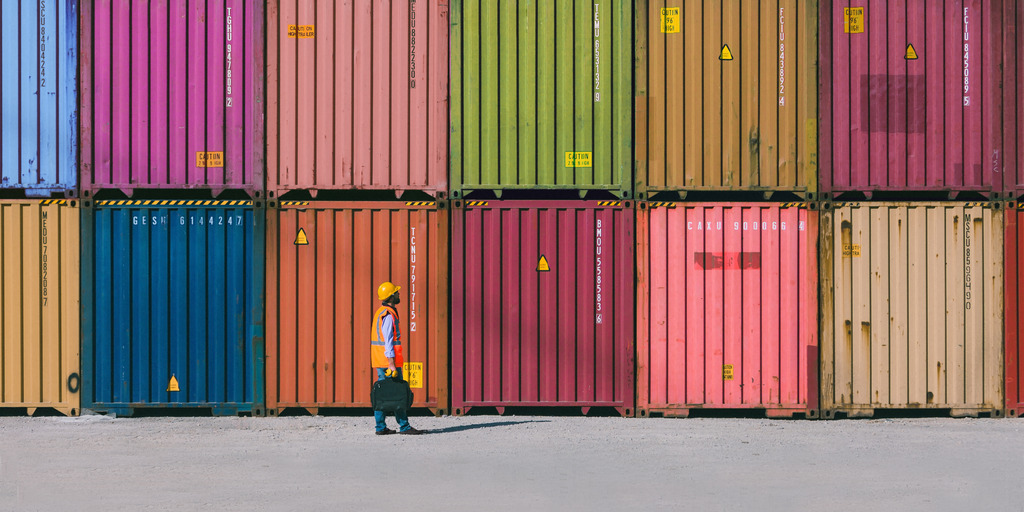The EU wants to strengthen cooperation with countries in its neighbourhood and to deepen trade relations, for example, with the European Economic Area (EEA) and the European Free Trade Association (EFTA), but above all with Deep and Comprehensive Free Trade Areas (DCFTAs). Since 2014, the agreements on free trade areas have constituted the largest (economic) part of association agreements with the EU neighbourhood countries Ukraine, Moldova and Georgia (the so-called “DCFTA3”). Since 2017, there has also been a Partnership Agreement with Armenia. Although a member of the Russia-dominated Eurasian Customs Union, Armenia at the same time seeks deeper political and economic cooperation with the EU.

Getty Images/iStockphoto.com/serts
Fair Trade and Economic Integration
The EU is keen to have its trade policies with its neighbours translate into better economic growth and higher incomes in its neighbourhood. Indeed, modernization and social stabilization will only be achieved there if more citizens benefit from rising prosperity.
Content
Relationship between trade and better living conditions
Since 2015, the EU and Tunisia, its neighbour to the south, have been negotiating a free trade area (ALECA). For the countries of the southern neighbourhood (to which the EU is not offering any prospect of accession), the DCFTAs have a different incentive structure than for countries of the Eastern Partnership, the majority of whose citizens are seeking “a return to Europe” or EU membership. Arab societies do not see the European model of democracy and social market economy as the only point of reference. They primarily view the EU as a donor and trading partner.
This raises questions about useful insights and experiences from the so-called “DCFTA3”: What is the relationship between the benefits of regulatory cooperation and the loss of national sovereignty rights, and which level of cooperation benefits all parties involved? Are the EU and the governments of neighbouring countries on an equal footing in negotiations? For the complex agreements to be accepted and enacted, are transparency as well as parliamentary and civil society participation enough?
Building on success – opportunities for a strategic (trade) policy
One special focus of the project is to strengthen direct exchange between the transformation countries from the eastern and southern neighbourhoods, and to make the experiences of the “DCFTA3” available to the states of the southern neighbourhood (initially for currently ongoing negotiations between the EU and Tunisia).
The project helps develop the EU´s trade and economic policy in its neighbourhood in a way that leads to better living conditions - and thereby improved social stability -- in these countries. In addition, in keeping with the #EUGlobalStrategy's concept of resilience, the project aims to assist the EU in preventing potential political and economic crises as well as in helping states and societies cope with existing crises better.
Economic integration and trade offer an opportunity for a nuanced policy that the highly integrated EU can develop with a ring of differently integrated countries for the benefit of all.




